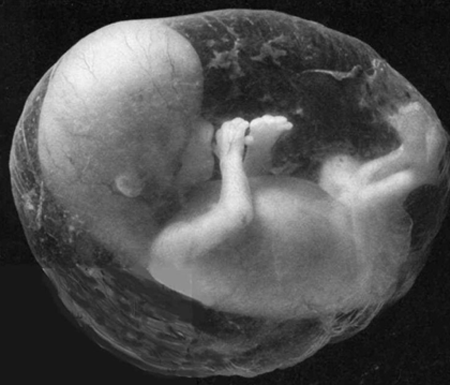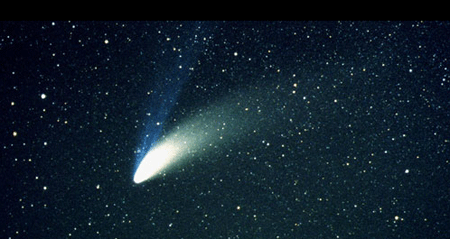
This semester I am teaching a class entitled “Old Testament Poetic Books.” In order to give you a glimpse of what an entry level course is like at DBTS, I wanted to do a series of blog posts summarizing most of my lectures. With this post, I provide the course requirements, a few sources and a link to the complete bibliography.
Here are the course requirements.
Course Descriptions: A study of the key elements of Hebrew poetry, the argument of the book of Job, key Psalms as they relate to their literary genre, the book of Proverbs as it relates to skillful living, the message of Ecclesiastes, an interpretation of the Song of Solomon, and the book of Lamentations.
Objectives: In this course the student should
1. understand the basic nature and expression of Hebrew poetry in its setting;
2. have an understanding of the basic message of Job, Proverbs, Ecclesiastes, Song of Solomon, Lamentations, and the key Psalms studied;
3. acquire a basic knowledge of the figures of speech employed in the poetic books;
4. have an understanding of the historical background for each book; and
5. gain an appreciation of the richness of the theology and practicality contained in the Poetic Books.
Assignments:
1. Tests: There will be three major tests. The first exam will cover pp. 1???49 of the syllabus, the second exam, pp. 50???106, and third pp. 107???154-???90% of grade.
2. Reading Requirement: If the student completes all the assigned reading in accordance with the reading schedule, he will receive a 98%-???10% of grade.
4 Key Sources
Berry, Donald K. An Introduction to Wisdom and Poetry of the Old Testament. Nashville: Broadman and Holman, 1995.
Bullock, C. Hassell. HAn Introduction to the Old Testament Poetic Books: The Wisdom and Songs of Israel. Rev. ed. Chicago: Moody Press, 1988.
Estes, Daniel J. Handbook on the Wisdom Books and Psalms. Grand Rapids: Baker, 2005.
McCabe, Robert V. ???Old Testament Poetic Books.??? Unpublished syllabus, Detroit Baptist Theological Seminary, 2011.
To download the complete bibliography for OT Poetic Books, go here.
Technorati Tags:
Poetic Books





